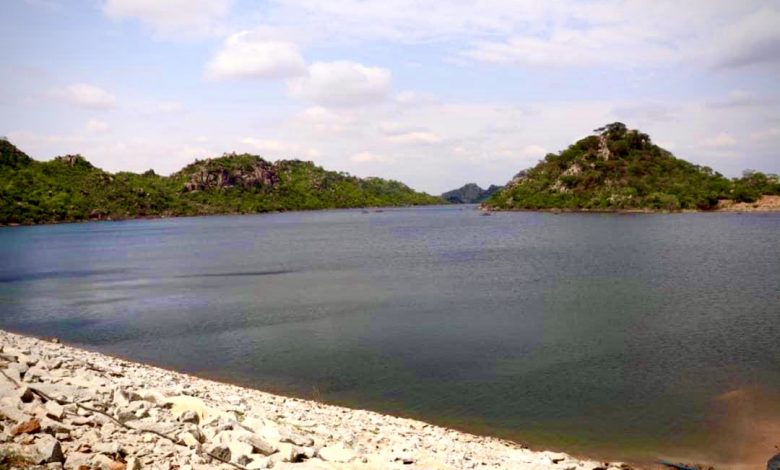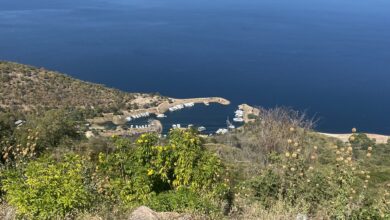Zimbabwe’s Environmental Policies: A Look at Conservation Efforts

Zimbabwe, a landlocked country in southern Africa, has been working hard to protect its environment and promote conservation efforts. This article will highlight some of Zimbabwe’s environmental policies and the efforts being made to conserve the nation’s natural resources.
Understanding Zimbabwe’s Environmental Policies
Zimbabwe’s environmental policies are a result of the country’s commitment to sustainable development. These policies aim to protect the environment, promote biodiversity, and ensure the sustainable use of resources. The policies work to balance the need for economic growth with the preservation of the country’s natural heritage.
Key Conservation Efforts in Zimbabwe
Zimbabwe has been investing heavily in conservation efforts. Some of the key initiatives include:
Firstly, regarding wildlife conservation, the government and relevant stakeholders are working to improve conservation. Zimbabwe is home to a diverse range of wildlife, including lions, elephants, and rhinoceroses. The country is working to protect these species by establishing wildlife sanctuaries and implementing strict regulations on hunting and poaching. This has helped to significantly reduce the number of endangered species in the country.
Moreover, the wildlife human conflict is an issue that threatens wildlife conservation. According to the ministry of environment “there are a number of communities which live near and around protected areas in the country.” This makes coexistence of humans and wildlife difficult.
Additionally, Mbire is a place where there is a lot of wildlife. There is human settlement in wildlife corridors recorded in Mbire making this conflict even more intense. However, according to the ministry there are projects to reduce the effects of these conflicts. These include training of local game rangers and human wildlife conflict campaigns among others.
Forest and Water Conservation
Secondly, forest conservation is an initiative the government is working on. Zimbabwe has one of the lowest rates of deforestation in Africa. However, the country is still working to protect its forests, which are home to a wide variety of flora and fauna. The government has been implementing policies to promote sustainable forest management and reforestation.
Also, the Communal Lands Forestry Produce Act which regulates exploitation and protection of forest produce in communal lands is a way the government is working to conserve forests. The act also encourages the establishment of plantations in communal lands. This encourages farmers to take care of the environment they rely on. Moreover, the Forest Act provides for the conservation of forest resources. Additionally, the regulates and controls the trade in forest products as well as controls the burning and illegal use of forest resources.
Also, water conservation is vital, especially as Zimbabwe’s economy heavily relies on agriculture. Water is a vital resource in Zimbabwe and the country is working to conserve it. This includes the establishment of water conservation schemes and the promotion of sustainable water use practices among farmers and communities.
Finally, environmental education is one sure way to bring conservation knowledge to the masses. Zimbabwe recognises the importance of educating the public about the environment. The government has been investing in environmental education initiatives, aiming to raise awareness about the importance of conservation and promote environmental stewardship.
Zimbabwe’s Environmental Policies: A Message of Hope
Zimbabwe’s environmental policies and conservation efforts are a testament to the country’s commitment to sustainable development. Also, by investing in these initiatives, Zimbabwe is not only protecting its natural heritage but also ensuring a healthy and prosperous future for its people.
Moreover, as the world faces increasing challenges related to climate change and resource depletion, Zimbabwe’s efforts serve as an inspiring example of how countries can work together to protect the environment and promote sustainable development.




